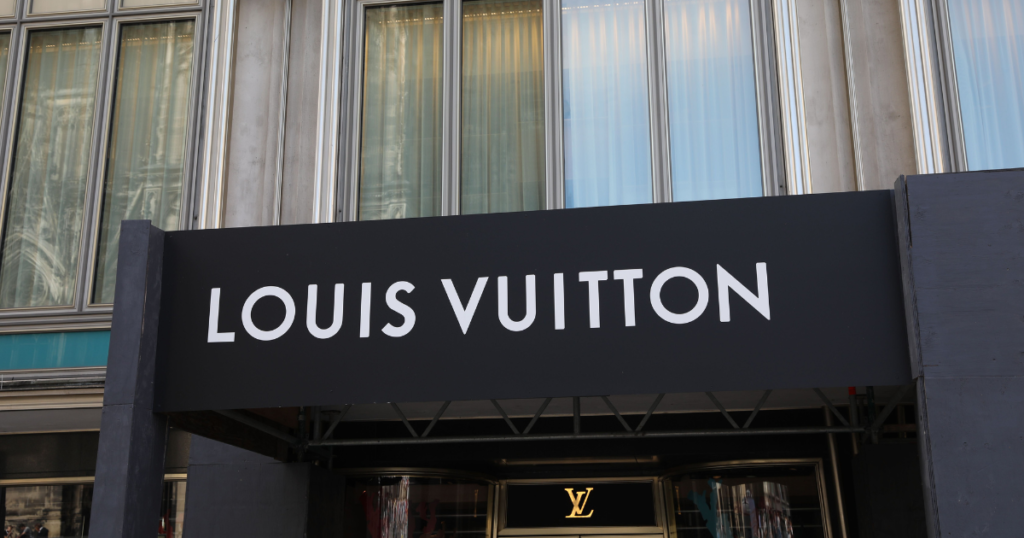LVMH, renowned worldwide as a beacon of luxury and elegance, is synonymous with high-end fashion and quality craftsmanship. While the conglomerate’s brands like Louis Vuitton, Dior, and Fendi are household names, there’s another side to its empire that’s less publicized but equally significant—its vast real estate holdings. This article delves into LVMH’s extensive involvement in the real estate sector, revealing how property plays a pivotal role in the company’s overarching strategy.
LVMH’s Real Estate Portfolio
LVMH’s real estate portfolio is as diverse as it is expansive, encompassing:
- Retail Spaces: Flagship stores in major cities like Paris, New York, and Tokyo.
- Office Buildings: Corporate offices and operational hubs across the globe.
- Vineyards: Estates in Champagne and Bordeaux that underscore the brand’s heritage.
- Luxury Hotels: Prestigious properties including Cheval Blanc in Paris.
These assets are strategically located in luxury hotspots and major urban centers, ensuring LVMH’s presence in the world’s most coveted addresses.
Strategic Importance of Real Estate to LVMH
Real estate is not merely an asset on the balance sheet for LVMH; it’s a cornerstone of its brand strategy. Owning prime retail and commercial spaces allows LVMH to:
- Control the customer experience from street to store.
- Enhance brand visibility and prestige through the association with iconic locations.
- Secure a stronghold in competitive luxury markets.
High-Profile Real Estate Acquisitions
Notable acquisitions by LVMH demonstrate the brand’s savvy investment strategy:
- Cheval Blanc Hotel, Paris: A symbol of luxury hospitality that complements their brand ethos.
- Global Retail Spaces: Prime locations that not only serve as retail outlets but also as brand ambassadors.
These strategic acquisitions are not just investments but are integral to maintaining the exclusivity and luxury appeal of LVMH’s brands.
Integration of Real Estate with Luxury Branding
LVMH masterfully integrates real estate into its luxury branding efforts. Examples include:
- Art Displays: Incorporating high art into retail spaces to enhance the shopping experience.
- Exclusive Events: Utilizing their properties for high-profile events and fashion shows that reinforce the brand’s luxury narrative.
Challenges and Opportunities in Luxury Real Estate
While LVMH’s real estate ventures are lucrative, they come with their challenges:
- Market Fluctuations: Vulnerability to global economic shifts affecting property values.
- Property Management: The complexities of managing a diverse global portfolio.
However, the opportunities in emerging luxury markets and the potential for portfolio expansion continue to drive LVMH’s real estate ambitions.
Future of LVMH’s Real Estate Ventures
Looking ahead, LVMH is likely to:
- Expand its real estate portfolio in emerging markets like Asia and the Middle East.
- Leverage technological advancements to enhance property management and customer engagement.
The trajectory of LVMH’s real estate strategy will continue to be influenced by global economic trends and consumer behavior.
Final Thoughts
The strategic integration of real estate into LVMH’s business model highlights the company’s innovative approach to luxury. As LVMH continues to expand its real estate empire, it sets a benchmark for how luxury brands can leverage property investments to enhance brand value and market presence.


